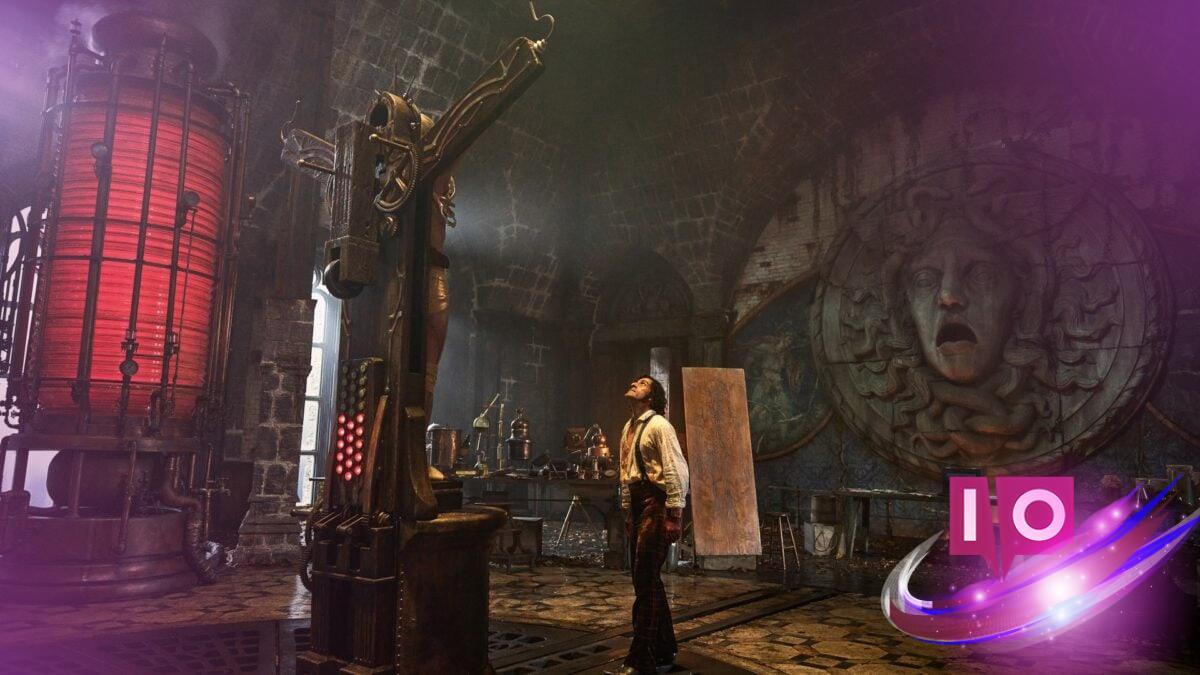Oscar Isaac recently shared exciting insights about Guillermo del Toro’s upcoming film, Frankenstein, set to hit theaters this October before streaming on Netflix. In a conversation with Entertainment Weekly, he revealed that his portrayal of Dr. Victor Frankenstein is infused with a captivating “rock star” persona. This interpretation not only breathes new life into the character but also challenges traditional depictions of the iconic figure.
Isaac describes Victor’s first entry into the laboratory as akin to stepping onto a stage: “He is looking at it like a concert hall, saying, ‘Where do I want my singers? Where do I want the pyrotechnics?’ The energy is exhilarating, like a rock star in the spotlight,” he explains. Del Toro envisions Victor as a rock star of scientific discovery, shrouded in the euphoria of groundbreaking achievements.
While drawing inspiration from figures like Jimi Hendrix and Prince, del Toro aims to capture the essence of a historical innovator interconnected with his relevant cultural context. However, as we reflect on how these comparisons resonate with today’s audience, we must ask: can the notion of a ‘rock star’ still hold weight in our rapidly changing world?
1. The Relevance of ‘Rock Star’ Comparisons
The comparison may feel dated, given that legends like Hendrix have been gone for decades. This raises the question: do modern audiences relate to historical figures as “rock stars,” or is this analogy losing its relevance? As we evolve, so do the ways we perceive influence and innovation.
2. Cultural Context and Generational Connections
Today’s cultural icons, such as those originating from Broadway or Disney, might evoke different responses in a younger audience unfamiliar with the rock legends of the past. Might they see Isaac’s Frankenstein not as a tribute to Mick Jagger’s charisma but as an outdated caricature? This generational disconnect could challenge our understanding of how character portrayals are received.
3. Anticipating Audience Reaction
As Isaac brings such a vibrant character to life, will future viewers appreciate his rock star portrayal? Or will it evoke a sense of nostalgia that alienates younger generations? It’s crucial for filmmakers to strike a balance between legendary allusions and contemporary relevance.
In light of these thoughts, we are left pondering: should filmmakers move towards more relatable modern comparisons, or embrace the historical references in a way that resonates with current audiences?
When does Frankenstein come out? The film is set for release in select theaters on October 17, with streaming availability on Netflix starting November 7.
What can we expect from the story? Del Toro’s adaptation promises an exploration of generational trauma, driven by Victor’s complex relationship with his abusive father, played by the talented Charles Dance.
How does del Toro’s vision differ from previous adaptations? By framing Victor Frankenstein as a figure akin to a rock star, del Toro aims to shift perceptions and inject new life into the classic tale.
If you’re eager to see how this interpretation unfolds, stay tuned and explore more about the impact of storytelling in film. For more information and updates, check out Moyens I/O.
